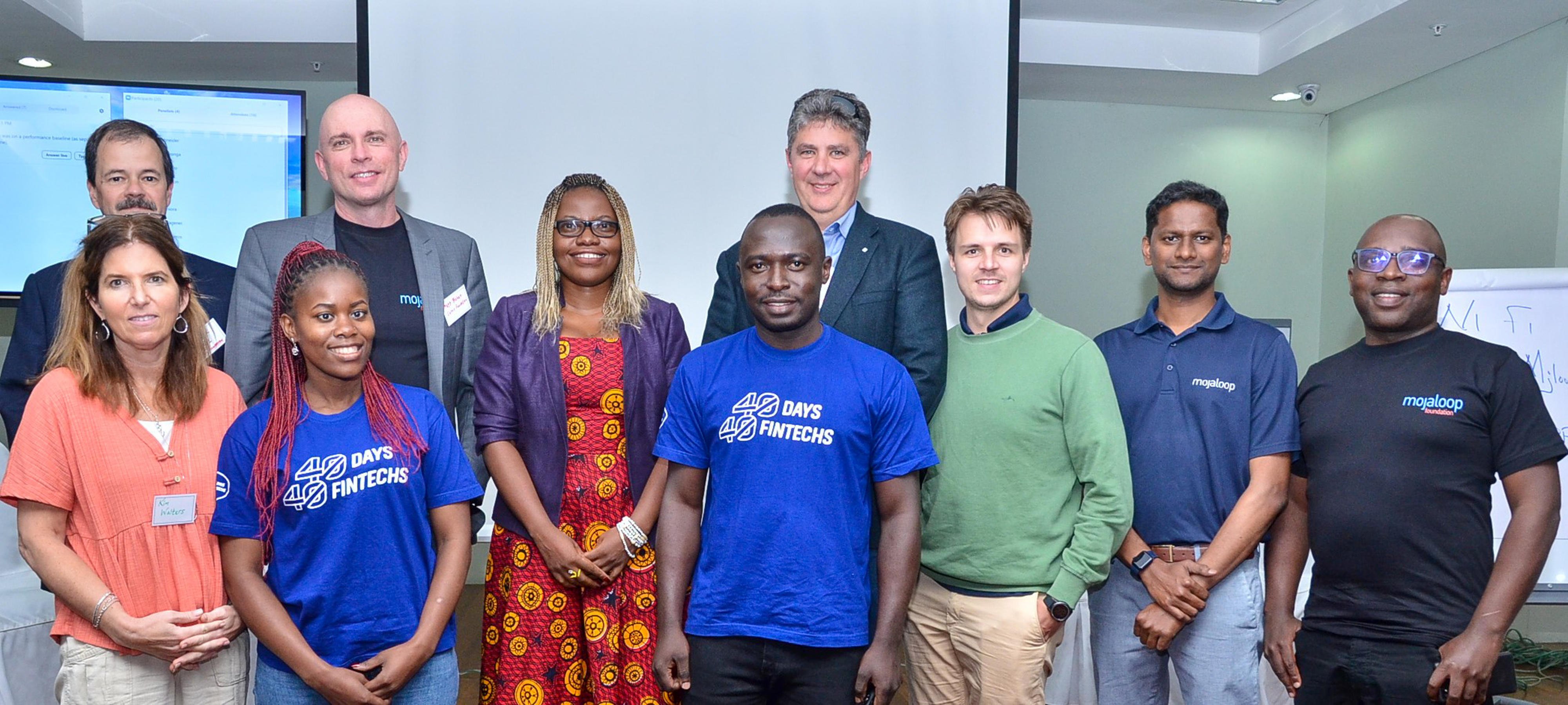Prime
Informal businesses key in achieving cashless economy, experts say

Ms Sebugwawo (C) listens to an exhibitor during the 2023 Fintech Landscape exhibition in Kampala yesterday. Photo / Ismail Musa Ladu
What you need to know:
- Fintechs remain key in advancing economic growth with the desire to attain a cashless economy
Financial Technology (Fintech) stakeholders have said onboarding small businesses, especially in the informal sector, on the digital payments ecosystem will be key in attainment of a cashless economy.
Speaking at the 2023 Fintech Landscape Exhibition, stakeholders noted that while first and middle-class citizens have largely embraced the digital economy, millions at the bottom of the pyramid have been left behind due to various barriers.
Ms Damali Ssali, the Private Sector Foundation Uganda chief of programmes and project officer, said several things must be done differently for Uganda to realise a cashless economy.
For instance, she said, lowering the cost of digital payments must be achieved by eliminating multiple deductions that make them less attractive.
“Players in this space ought not to focus on transaction charges but look for innovative ways of earning,” she said.
ICT state minister Joyce Nabbosa Ssebugwawo, who was the chief guest, said digital payments will benefit from accessible and affordable internet, noting that as Ministry of ICT, they were working with other government agencies, donors, private investors and innovators to make the internet cheap and available.
“For example, data that cost Shs60,000 in 2011 now costs Shs5,000. I promise, these costs will continue to drop,” she said.
The Fintech Landscape Exhibition, which was a climax of the 40 Days 40 Fintechs attracted more than 50 Fintechs from Uganda and Kenya.
The initiative was organised by HiPipo in partnership with Level One Project, Mojaloop Foundation, INFITX, Cyberplc Academy, Ideation Corner and Crosslake Technologies with support from the Bill and Melinda Gates Foundation.
The exhibition gave participants an opportunity to showcase their innovations that are spearheading East Africa’s digital and financial inclusion revolution.
Fintechs remain key in advancing economic growth with the desire to attain a cashless economy.
Mr Innocent Kawooya, the HiPipo chief executive officer, said it was important for informal merchants to be brought into the digital economy given that they do multiple micro transactions with millions of end-users.
“Take an example of Boda Bodas. If every customer that used them paid digitally, how much cash will turn cashless immediately?” he said.
Uganda’s cashless economy drive is being catalysed by more than 200 Fintechs, however, many of them remain unlicensed.
Mr Japhet Aritho, the Airtel Money managing director, said even though usage of digital payments continues to grow, a lot needs to be done for a cashless economy to be realised.
“We can only achieve a cashless economy when both trust and confidence are built,” he said, noting that as stakeholders, there was need to collectively address cyber fraud.
Informal merchants
In a recent interview, Mr Adams Kibet, the MTN Mobile Money acting chief commercial officer, said players in the Fintech industry must embark on a system that allows informal merchants to receive payments and continue transacting without cashing out.




